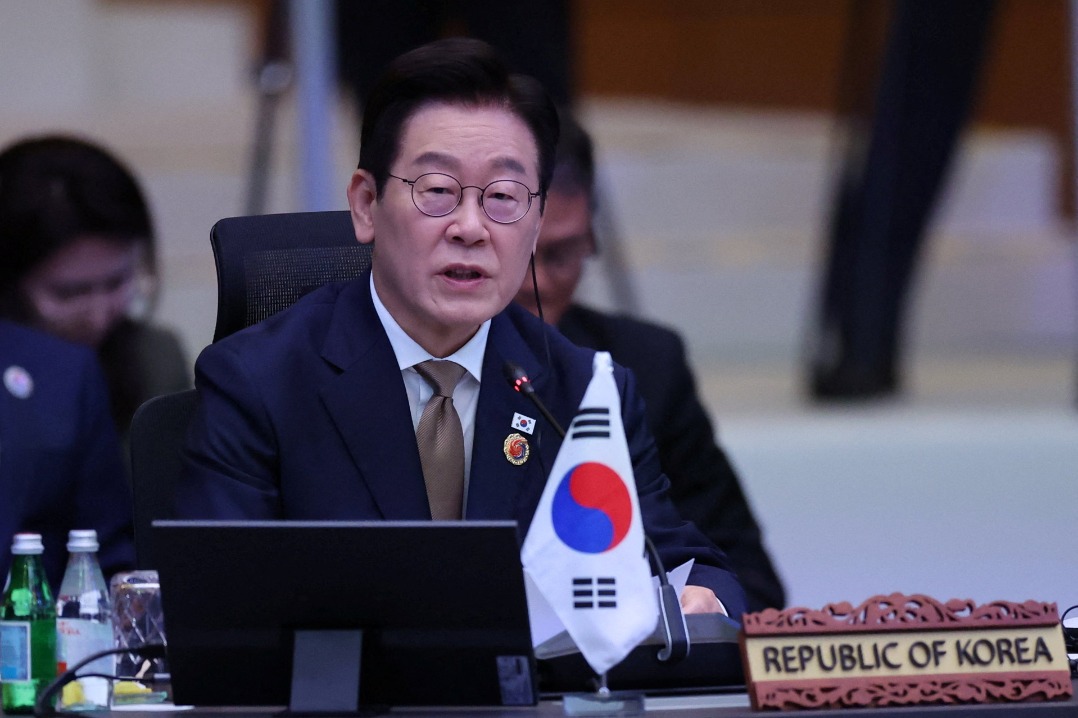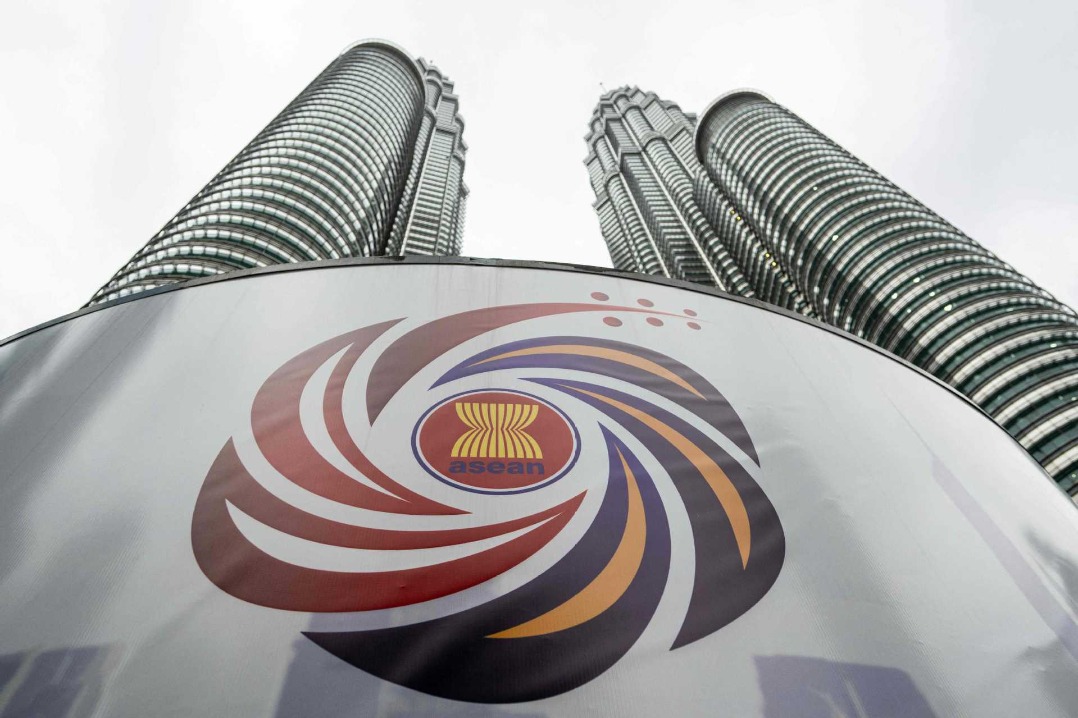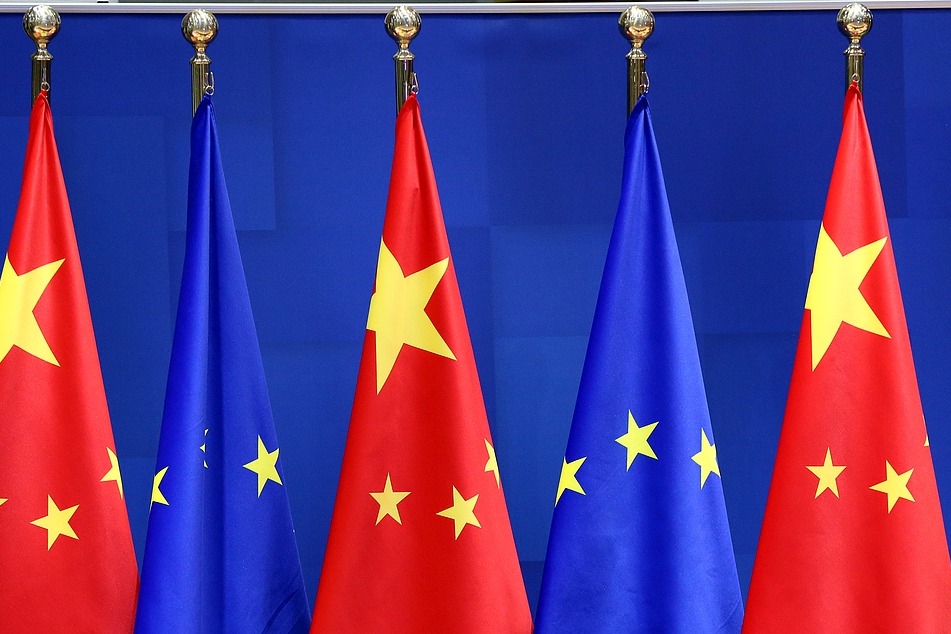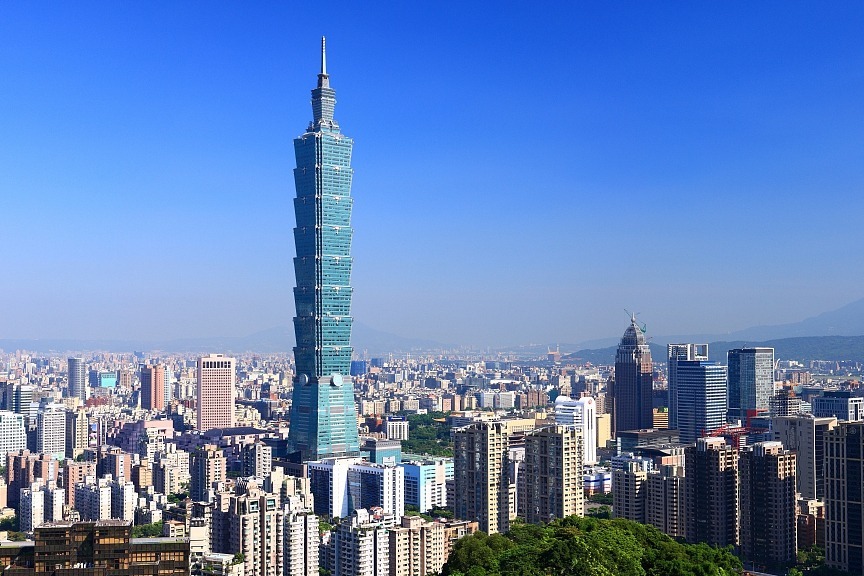Seoul prioritizes Beijing over Tokyo in naming order

The South Korean government has decided to standardize the official order of naming the three Northeast Asian countries as "South Korea, China, and Japan", a move seen by analysts as an effort to mend relations with China.
An official from President Lee Jae-myung's office told Yonhap News Agency on Sunday that aligning the order with the most commonly used notation aims to eliminate unnecessary controversy.
The previous administration of president Yoon Suk-yeol sparked "exhausting debates" over which country Seoul is closer to, the official said. While "South Korea, China, and Japan" was commonly used within South Korea, Yoon's administration tended to alternate between "South Korea, Japan, and China" and "South Korea, China, and Japan".
Since the Association of Southeast Asian Nations Summit in September 2023, Yoon's administration had used "South Korea, Japan, and China". At the time, the presidential office said the shift was part of its policy of strengthening cooperation with the United States and Japan.
The new naming standard introduced by Lee's administration followed his recent emphasis on restoring relations with China.
After meeting with Chinese President Xi Jinping on Nov 1, Lee said that the two countries have gone through challenges of varying degrees, but he is convinced that the deep friendship and history they have built together have not wavered.
In a bilingual Facebook post, Lee pledged to produce "tangible outcomes" that can be genuinely felt by the people of both countries, based on the consensus that people's livelihoods are the top priority.
Kim Dong-ha, a professor of Chinese studies at Busan University of Foreign Studies, said the decision to standardize the naming order as "South Korea-China-Japan" is highly significant.
"It can be interpreted as an effort to emphasize that China is economically closer to South Korea than Japan and to instill this awareness among the South Korean public," Kim said, adding that the order has historically varied depending on the occasion.
Noting that there had been protests against China in South Korea, Kim said it is the government's responsibility to take proactive measures to resolve this issue.
On Nov 11, Chinese Ambassador to South Korea Dai Bing urged the South Korean government to find practical solutions to fundamentally address the continuing anti-China protests, as they undermine bilateral friendship.
Lee Chang-ho, chairman of the Korea-China Exchange Promotion Committee, a South Korean civil group, said the new standardization also reflects the government's willingness to redefine the status and order of Northeast Asian trilateral relations. "The measure is a preliminary step to make South Korea-China relations smoother," he said.
Given the current geopolitical landscape, he said that prioritizing China over Japan in the standardized notation shows the government's commitment to balance as a core diplomatic principle.
"The previous administration …h(huán)ad a tendency to lean excessively toward Japan," he said. "Correcting this tilt and restoring the balance is the right direction."
kelly@chinadailyapac.com
































